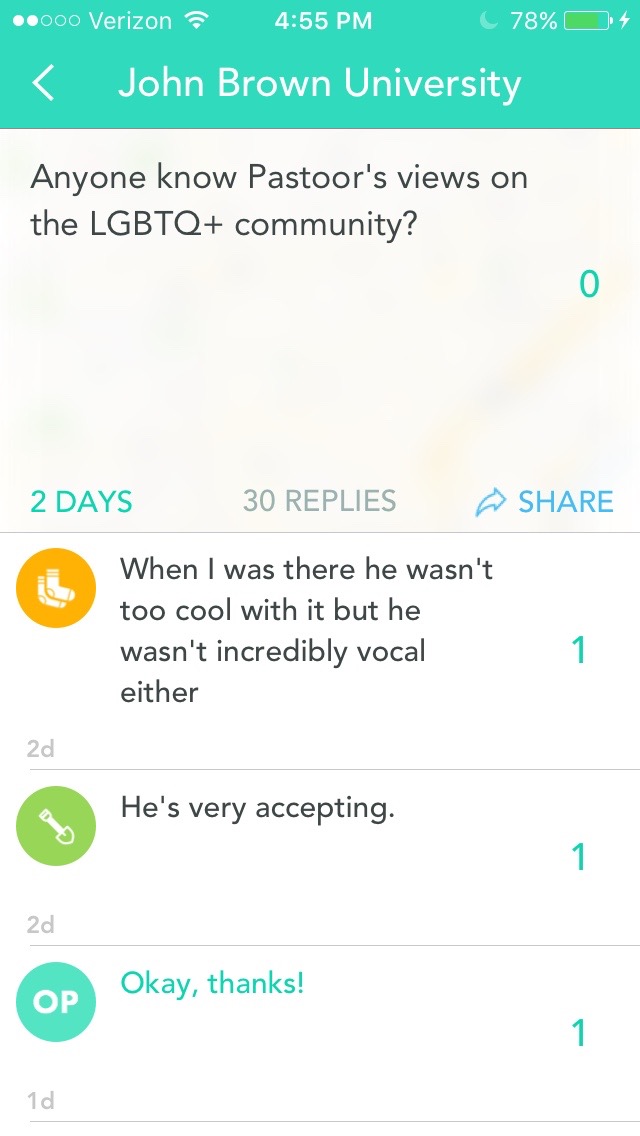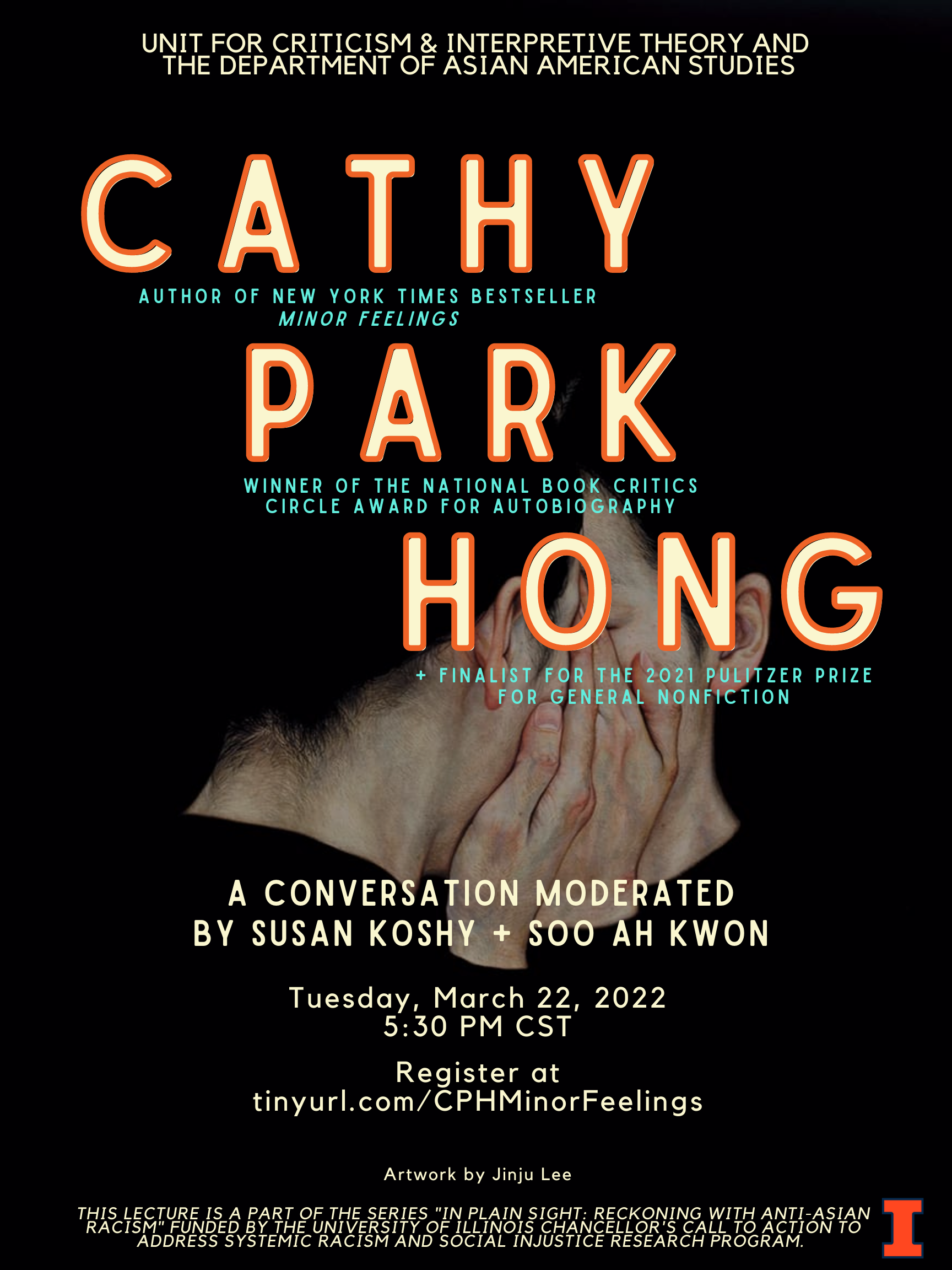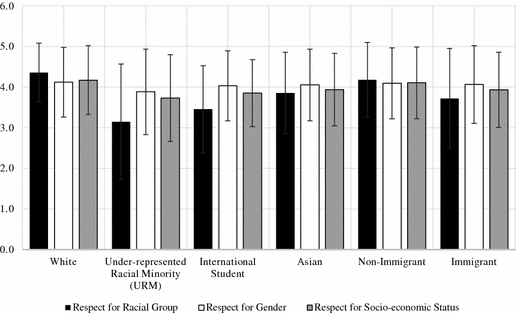Cultural Incompetency: Racist Yik Yak posts target Asian students on UI campus

Masked by pseudonyms and anonymity, social media is often viewed as an attractive way to express one’s feelings candidly. But the same technology that allows users to share ideas and constructively engage with others too often devolves into a toxic, often hurtful environment. As social apps like Yik Yak, which allow users to anonymously share their opinions about anything and everything with those nearby, continue to gain popularity at the University of Iowa, many Asian-identifying students have found themselves the subject of racist and xenophobic messages.

Asian American Cultural Center (AACC) First-Year Internship Program 2023 – 2024, Center for East Asian & Pacific Studies

What is Yik Yak, the app that fielded racist threats at University of Missouri? - The Washington Post

Here's How Some Colleges Reacted to Yik Yak, the App That's Fueled Racial Controversies

Wired Campus: Responding to Offensive Posts on Yik Yak, Professors Stage Social-Media Takeover

With anti-Asian hate rising, California group keeps track - CalMatters
Data-Quest-Projects/Guided Project- Transforming data with Python/hn_stories.csv at master · tnmichael309/Data-Quest-Projects · GitHub

Patterns and Impacts of Racial and International Student

The Futility of 'Banning' Yik Yak on Campus The Foundation for Individual Rights and Expression

In Plain Sight: Reckoning with Anti-Asian Racism, Unit for Criticism & Interpretive Theory

Current UC Berkeley student from Canada, Calvin Yang, a member of Students for Fair Admissions, speaks out after winning the U.S. Supreme Court case against affirmative action: “Today's decision has started a

Yik Yak re-emerges after shutdown

Patterns and Impacts of Racial and International Student







